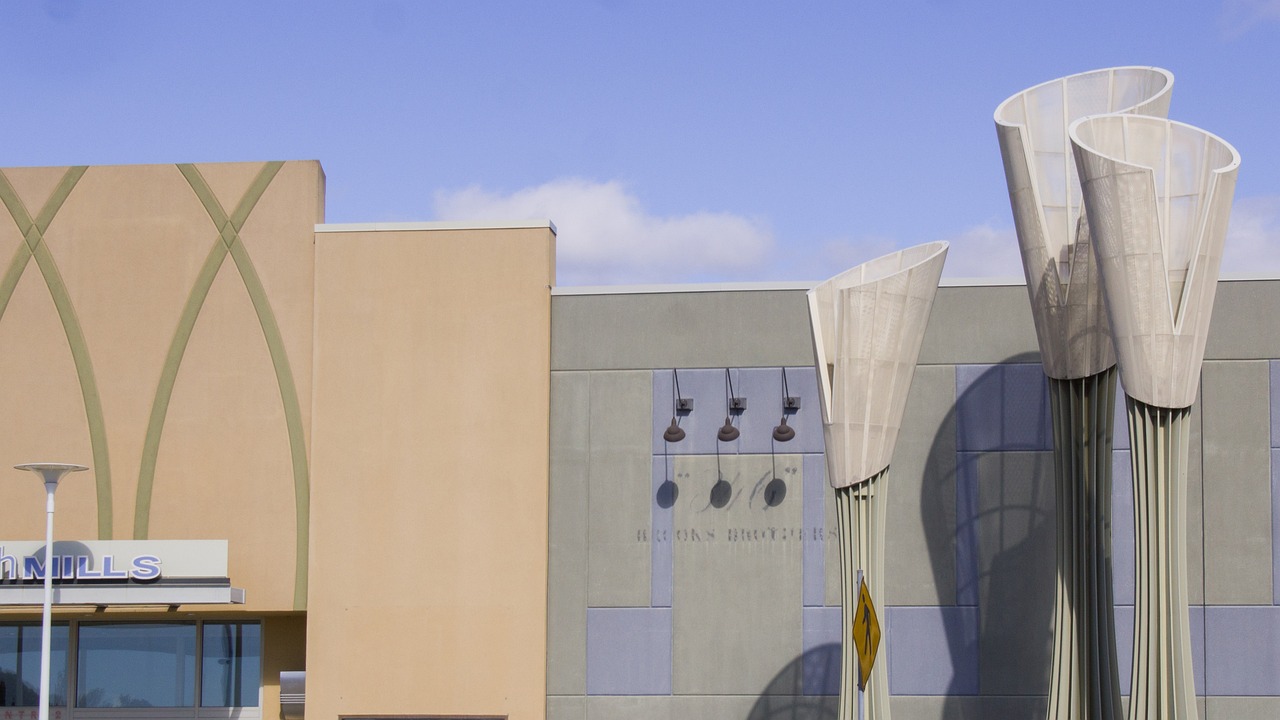The Tribune-Review reports that officials in Frazer Township are going after six Galleria at Pittsburgh Mills mall real estate owners for an estimated $7.7 million in delinquent special tax assessments.
It’s just the latest in a long line of messes born with the adoption of a tax-increment financing (TIF) plan nearly two decades ago.
A “TIF district” was created to underwrite construction of the mall. TIF bonds worth $50 million were issued in 2004, to be paid off in 2023.
Simply put, tax-increment financing is debt incurred by a public entity in the form of bonds to finance the construction of a respective project. In theory, the bonds are repaid with increased tax proceeds — the “increment” — from the higher-assessed completed project.
But as part of the plan, as a failsafe, Frazer Township to its credit also authorized a Neighborhood Improvement District (NID) at the site.
Should the project not produce enough tax revenue to cover the bond payments, owners of taxable property within the NID would face a special assessment to cover the shortfall. Those owners approved of the NID provision.
Creation of the NID turned out to be prudent backstop. For the mall quickly became a struggling enterprise and some property owners, their property values stung by the mall’s lackluster performance, filed and won appeals to lower their assessments.
While property owners are paid up on those lowered assessments, Frazer officials tell the Trib that six property owners have not paid about $7.7 million in NID special assessments to make up the lost property tax dollars needed to make the TIF bond payments.
Township supervisors have voted to enter the collections process.
It was nearly a year ago when Eric Montarti, research director at the Allegheny Institute, documented this assessment appeal/tax shortfall phenomenon.
“Yet again, the risks of TIF for retail have been laid bare,” he said at the time (in Policy Brief Vol. 20, No. 10).
There was $14.9 million in outstanding TIF bonds for the Pittsburgh Mills mall after payments through July 1, 2020, Montarti noted at the time.
“We long ago warned about the use of TIFs for retail projects,” the think tank researcher reiterated then.
“TIFs were designed to help create good jobs-producing redevelopments in blighted areas but were quickly adopted for retail where multiplier effects are nil and where the projects become major competitors for customers of non-subsidized retail outlets,” he concluded.
And this TIF continues to be problematic, even with the NID backstop in place.
Colin McNickle is communications and marketing director at the Allegheny Institute for Public Policy (cmcnickle@alleghenyinstitute.org).



